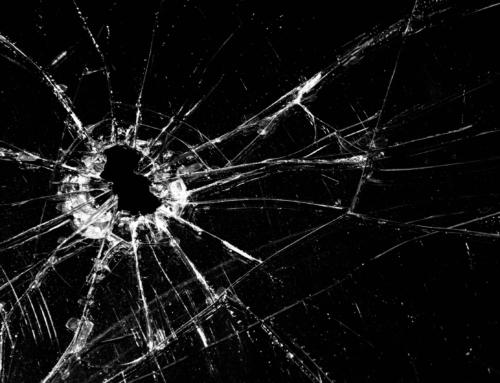Earlier this week I was reflecting on Dr. Martin Luther King’s quote, “Nothing in the world is more dangerous than sincere ignorance and conscientious stupidity” and if it might apply to my world as an advisor to business owners and senior executives. It does.
A few years ago, during a lunch with Marshall Goldsmith, he reminded me that we “help successful people get better.” One of the interesting things about successful people is that they believe that they “know something.” It’s hard for them to consider that there might be something else to know. Virtually every successful person I know is sincere and conscientious about what they do. You probably see where this is going.
What’s “dangerous” about “sincere ignorance and conscientious stupidity”? In some fields and some situations, probably not much. However, when ignorance and stupidity inhabit the halls of power – where the direction and velocity of organizational intent is spawned and influenced, where the conditons of people’s lives and their livelihoods are concerned – they can be very dangerous, indeed.
Successful people often hold dearly to their opinions rather than allowing themselves enough openness to allow new information into their worldview – they might be proven wrong on something! Perhaps this story illustrates the point:
A man suddenly stops another man walking down the street and says:
“Hi George, I’m delighted to see you again! You’ve certainly changed a lot over the years.”
“Did you used to be taller? I remember you as being taller.”
“You used to be so heavy set, you’re almost skinny now.”
“You were fair skinned. Why I’d say you have a ruddy complexion now.”
“Wow! You have really changed in the past few years!”
The second man seized the brief pause to interject, “My name is not George!”
The first man gasped, “Amazing! You’ve changed your name, too!”
Unlearning some, or much, of what we have taken in or conjured up that is simply not true – about ourselves, others, or life in general – is not a process most people are eager to engage. Let’s ease into it with just a few simple (potentially uncomfortable) questions. Be honest with yourself!
- In my dealings with others, when do I monopolize situations, avoid listening, or not allow others to express their gifts/talents/skills/opinions?
- In what ways or under what conditions do I ignore/deny/deflect/defer/dilute/dismiss/distort new information?
- What makes me anxious, stressful or angry? What are some reasonable causes for those reactions?
- Under what circumstances am I judgmental? Of myself? Of others?
To be ignorant is to be uninformed and unfortunate. To stay ignorant is stupid.
In Other Words…
“Facts do not cease to exist because they are ignored.” ― Aldous Huxley, Complete Essays 2, 1926-29
“You are not entitled to your opinion. You are entitled to your informed opinion. No one is entitled to be ignorant.” ― Harlan Ellison
“The greatest enemy of knowledge is not ignorance, it is the illusion of knowledge.” ― Stephen Hawking
“He knows nothing; and he thinks he knows everything. That points clearly to a political career.” ― George Bernard Shaw, Major Barbara
“No matter how big the lie; repeat it often enough and the masses will regard it as the truth.” ― John F. Kennedy
“Ignorance and power and pride are a deadly mixture, you know.” ― Robert Fulghum, All I Really Need to Know I Learned in Kindergarten
“We have a large public that is very ignorant about public affairs and very susceptible to simplistic slogans by candidates who appear out of nowhere, have no track record, but mouth appealing slogans” ― Zbigniew Brzezinski, National Security Advisor to President Jimmy Carter, 1977-1981
In The Word…
“For we were born yesterday, and know nothing, Because our days on earth are a shadow.” – Job 8:9






